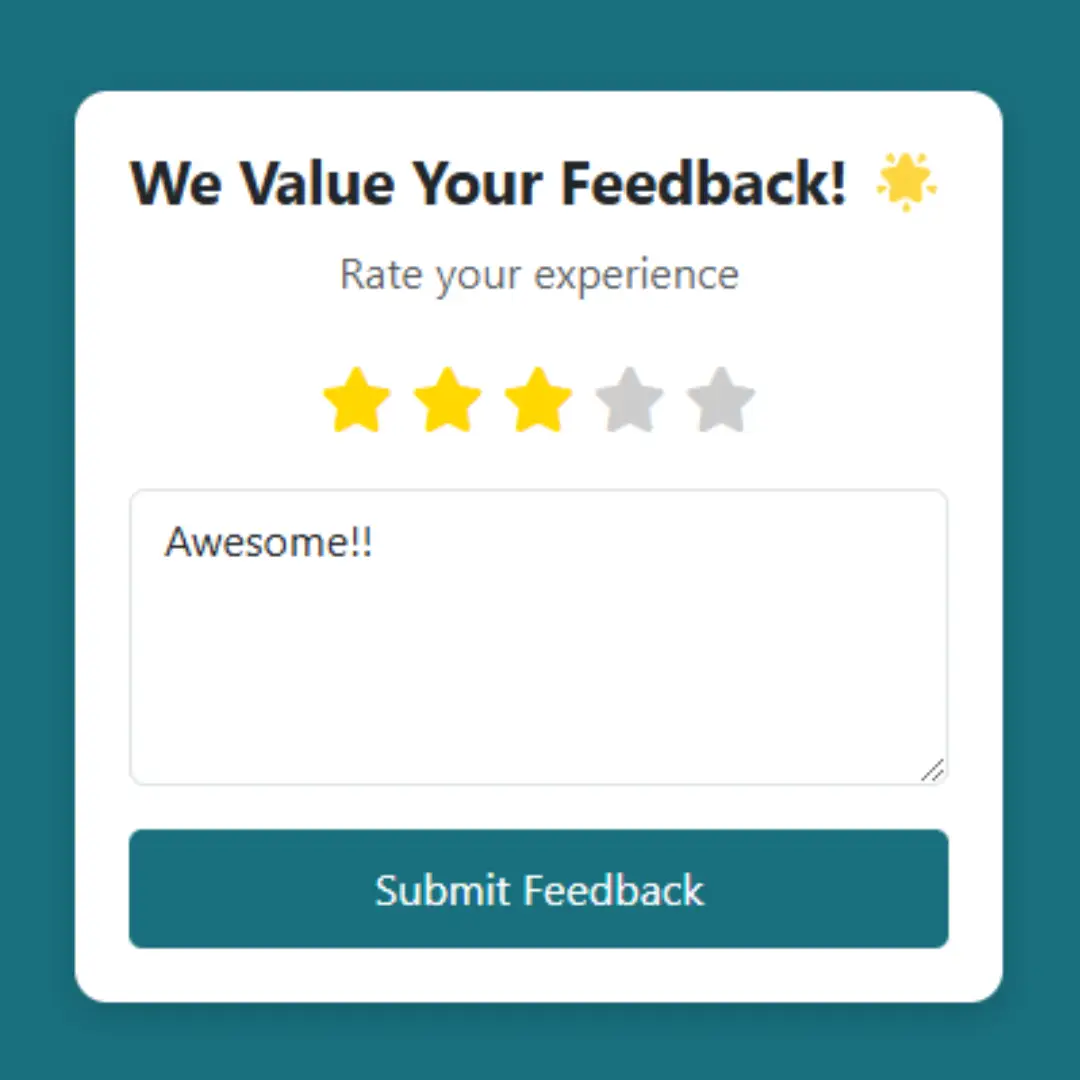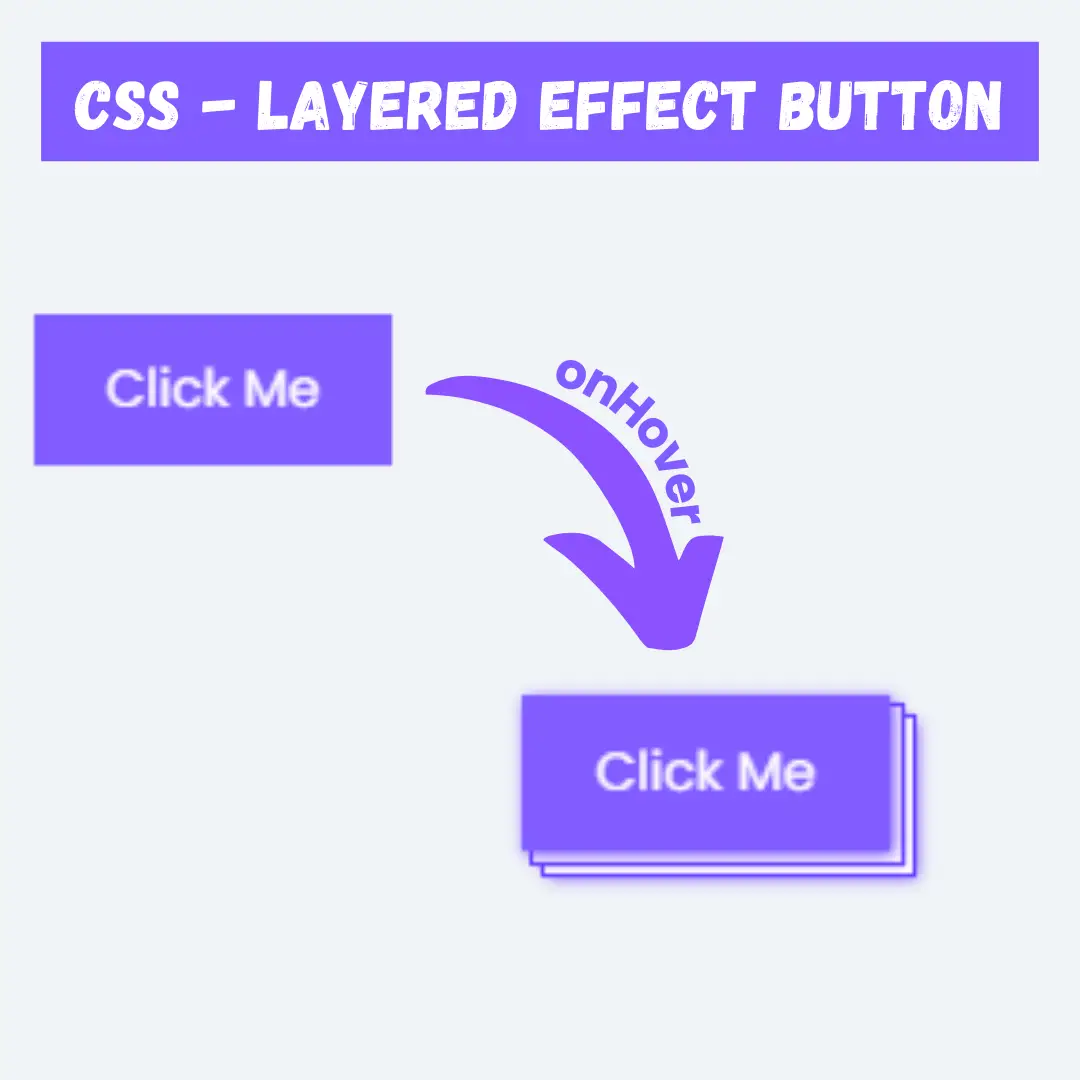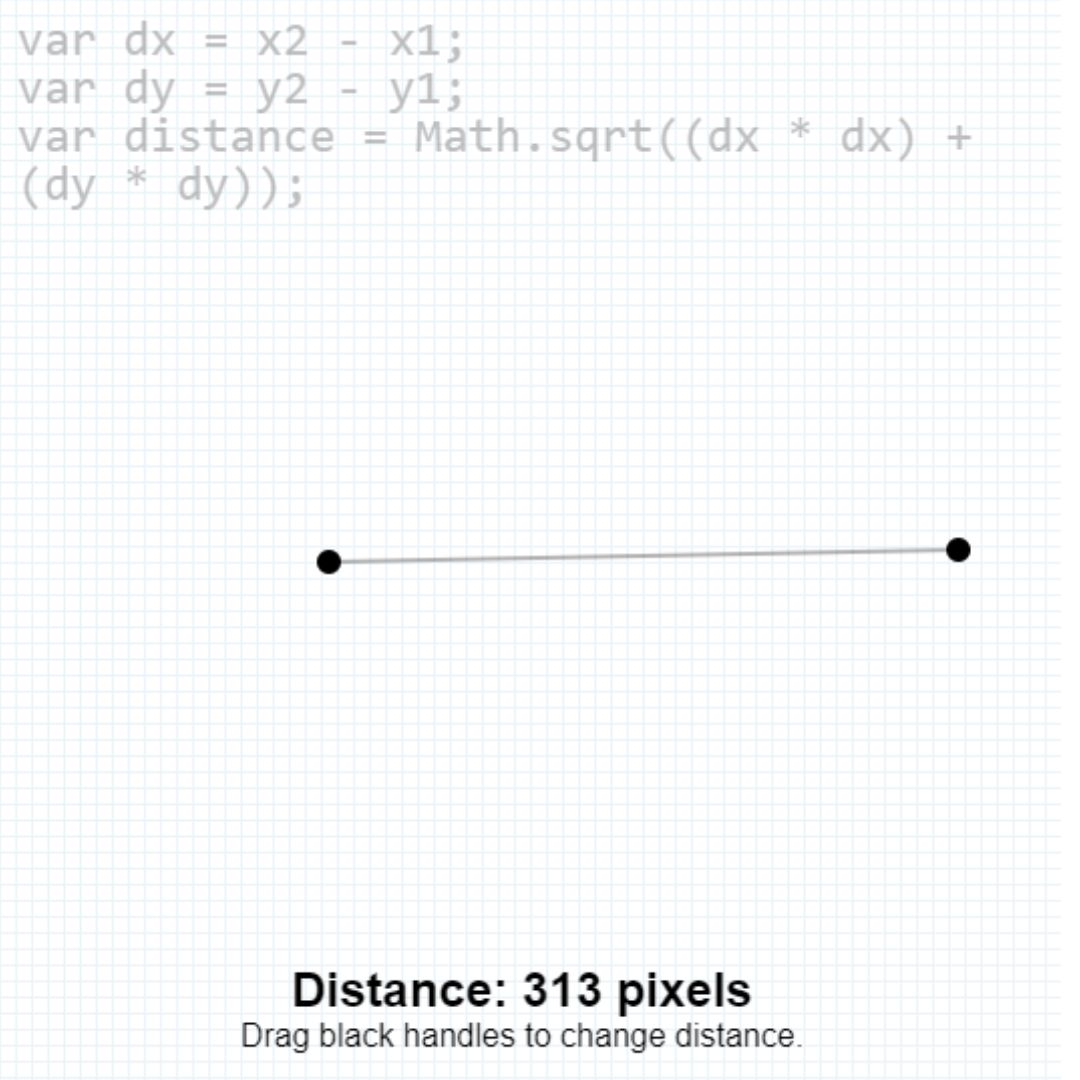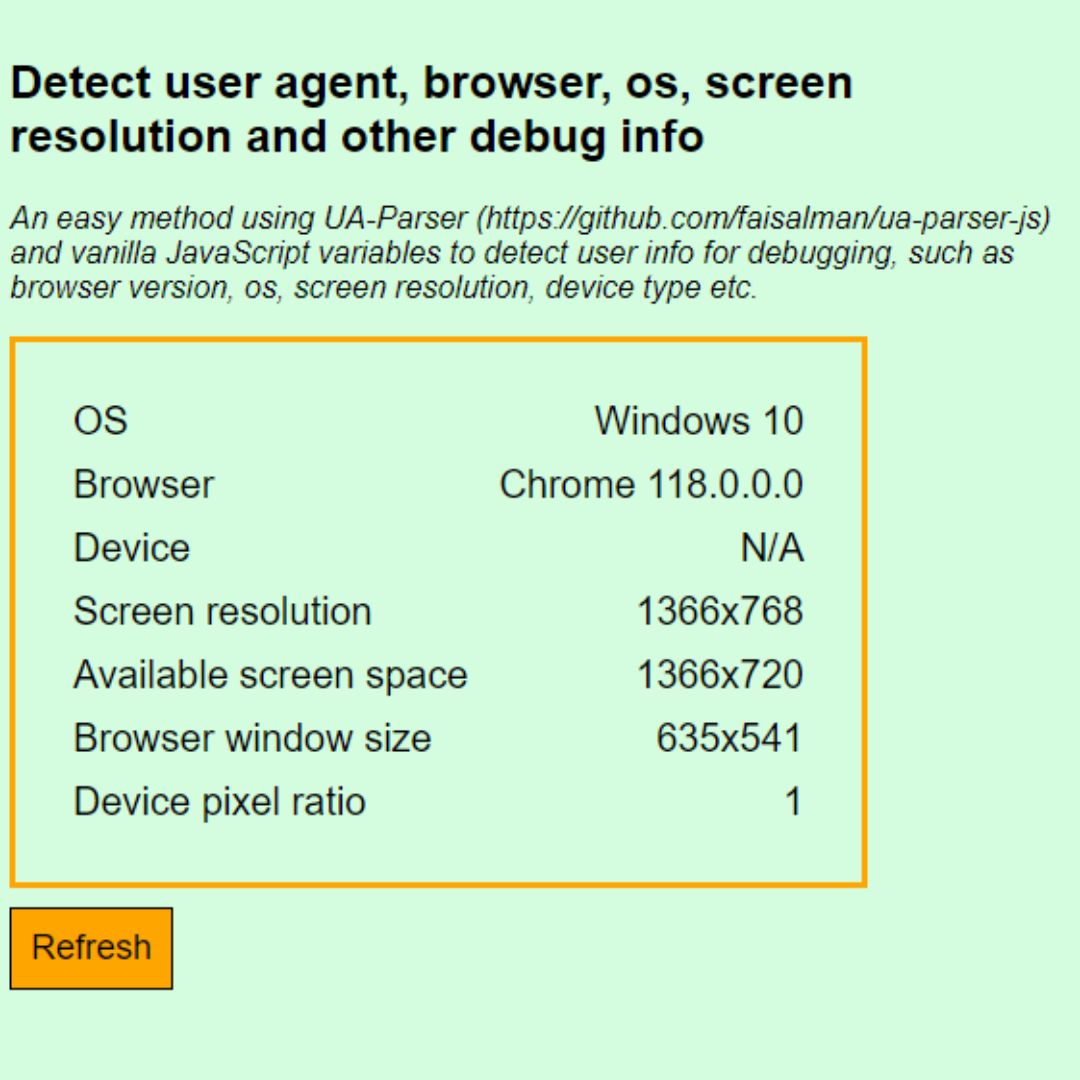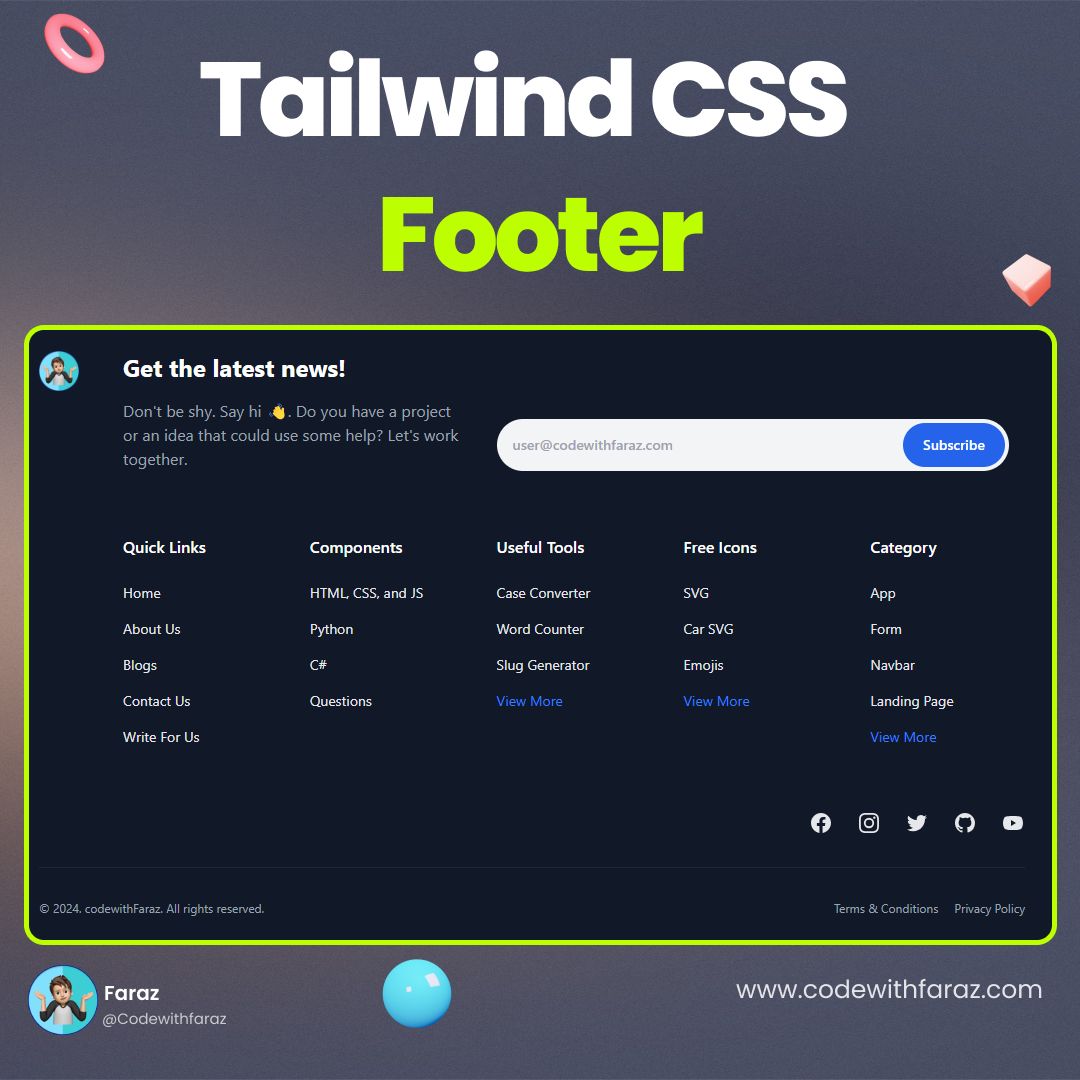Java is an object-oriented programming language that is perfect for creating web apps. It has also been used in numerous other fields and provides a high level of security - some say that Java give you 'zero chance' of getting hacked. This article will tell you all about Java, what makes it so valuable, and why you should use it over other languages.

What is Java?
Java is a programming language and platform created by Sun Microsystems in 1995. Java is used to create applications for the World Wide Web, mobile devices and embedded systems. Java also provides an object-oriented programming system that makes it easy to create complex applications. Java is free and open source software, meaning that it is available to download and use without charge.
Features of Java
Here are some of the features of Java that make it a powerful choice for developers:
Java is cross-platform: Java programs can run on Windows, Mac, and Linux platforms.
Java is easy to learn: Java is syntax-based, so you don't need to worry about pointers or memory management. Once you understand the basic syntax, you can start creating complex programs.
Java provides robust platform support: Java provides comprehensive platform support, including support for databases (MySQL and Oracle), file systems (FUSE), GPUs (CUDA), and more. This means that you can create applications that work on a wide range of platforms.
Java offers fast performance: Java programs are compiled into bytecode before they are run, which results in fast execution times.
How does Java Work?
Java is an interpreted language, which means that your code runs on a computer without being compiled first. This allows your application to run faster because the processor can directly execute the instructions you write.
Java also has a garbage collector, which reclaims memory used by objects when they are no longer needed. This helps to keep your system running smoothly and prevents your computer from filling up with useless data.
Java also offers built-in security features that make it hard for malicious users to access your data or damage your system. For example, Java provides a security sandbox that allows you to restrict access to certain parts of your system. Additionally, Java provides protections against cross-site scripting (XSS) attacks and malicious code injection.
Pros and Cons of Java
Pros of Java
- Java is widely used and accepted, so it's likely to be found in many applications.
- Java is relatively fast to code in, making it ideal for Web applications and other multi-threaded tasks.
- It has a large standard library, which makes it easy to find functions and libraries that you need.
- Java SE Development Kit (JDK) includes a number of useful tools, such as the Java profiler and the jdbc driver.
Cons of Java
- Java is not as portable as some other languages, so it may not work with all platforms or devices.
- It can be difficult to debug Java code if problems arise.
where it can be used?
Java is a versatile programming language that can be used in many different applications.
Java is most commonly used in the web development and business application sectors, but it can also be used for gaming, mobile development, and more.
One of the main benefits of using Java is that it is platform-independent; this means that it can be used to create software for both desktop and mobile systems.
Additionally, Java is relatively easy to learn, making it a great choice for beginners.
Applications of Java
Java is a versatile and powerful programming language that can be used for a variety of applications. Here are some examples of how Java is used in the real world:
-Java is used to power websites and applications that are used by millions of people every day. Examples include Google Chrome, Facebook, and Amazon.com.
-Java is also used to create mobile apps. For example, Uber uses Java to create its own apps.
-Java is also used to create software that helps businesses manage their operations. For example, Oracle Corporation's Java Applications Server provides businesses with features such as security, transaction processing, and data storage.
Benefits of Java
Here are some benefits of Java:
- Java is cross-platform, so it can be used on desktop and mobile devices.
- Java is simple to learn, so it's a great option for beginners.
- Java is fast, so it can handle large projects quickly.
- Java has a large community of developers, so you can find help if you need it.
Conclusion
Java is one of the most popular programming languages in the world, and for good reason. It is simple to learn and can be used to create a wide variety of applications. This guide is designed to help beginners understand what Java is and how it works. I hope that this guide has helped you better understand what Java is and where it can be used. If you have any questions or comments, please feel free to let me know in the comment section below!
That’s a wrap!
Thank you for taking the time to read this article! I hope you found it informative and enjoyable. If you did, please consider sharing it with your friends and followers. Your support helps me continue creating content like this.
Stay updated with our latest content by signing up for our email newsletter! Be the first to know about new articles and exciting updates directly in your inbox. Don't miss out—subscribe today!
If you'd like to support my work directly, you can buy me a coffee . Your generosity is greatly appreciated and helps me keep bringing you high-quality articles.
Thanks!
Faraz 😊






